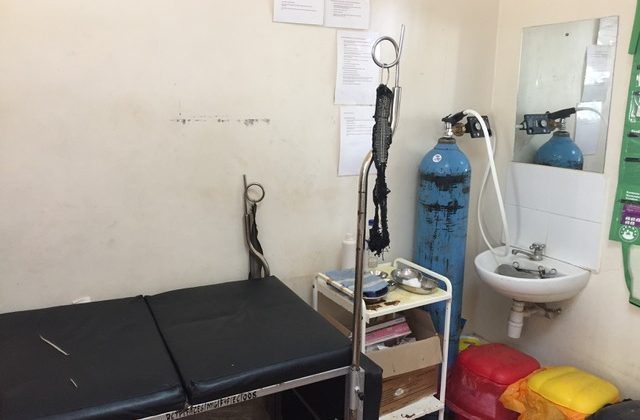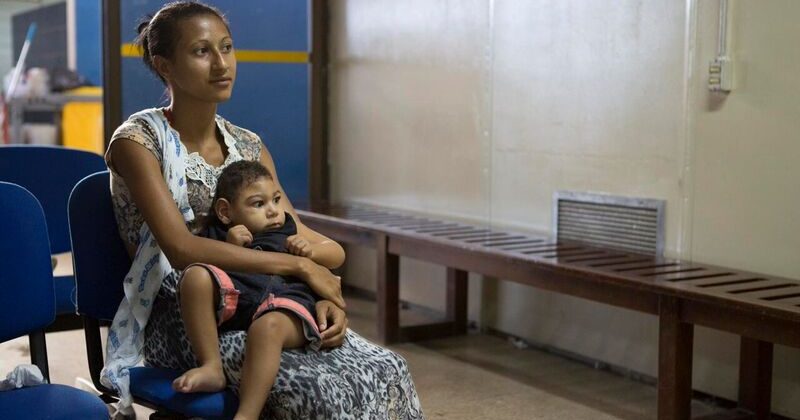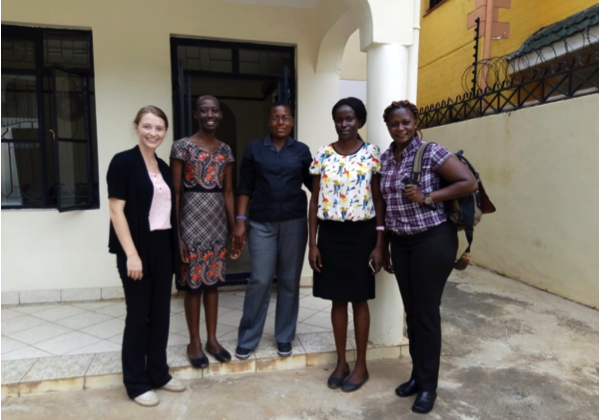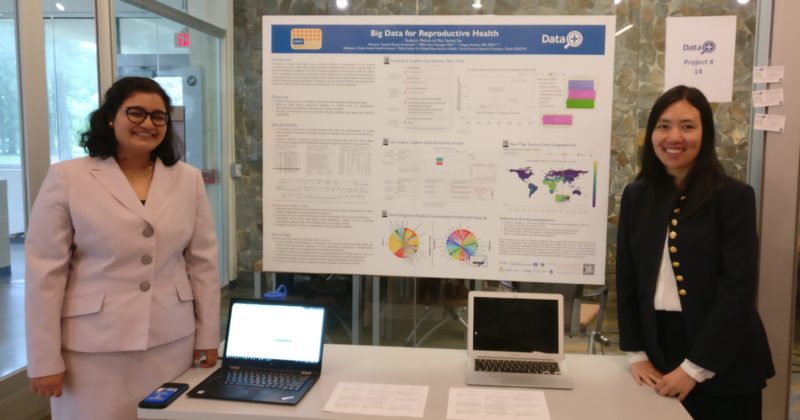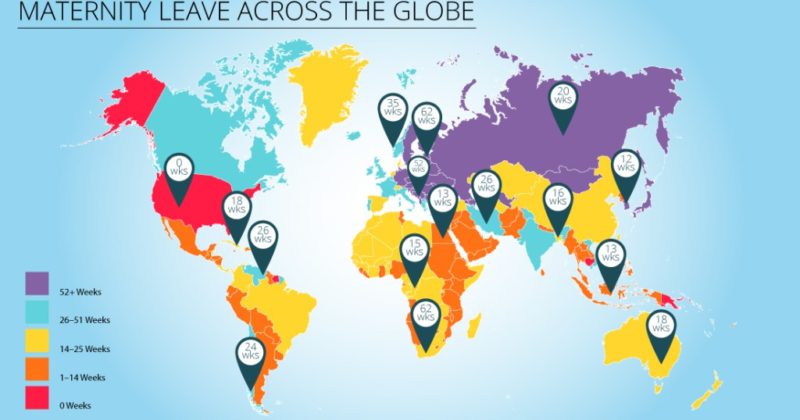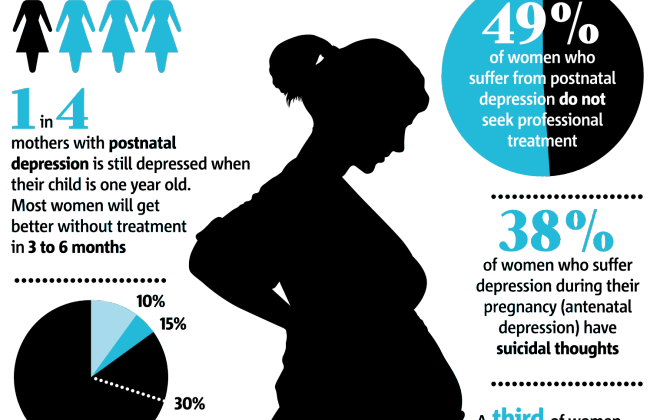
Links Between Maternal Depression in a Mother and her Child’s Psychological and Immune Health
Maternal depression is a global public health concern that occurs before and after pregnancy and largely affects the mental health and daily life of a woman. The CDC states that 1 in every 9 women can experience postpartum depression which occurs after having a baby. Often, this type of depression women face goes undiagnosed and they do not receive treatment. Recent studies have concluded that a mother’s depression can have long term impacts on her child. Investigators found that mothers with depression have higher amounts of cortisol, a stress hormone, and SIgA, an antibody that indicates an activation of the immune system. Additionally, in studies of these same mother’s behaviors, their actions are found to be more insensitive and intrusive in regards to the treatment of their child causing the child’s stress level to be greatly impacted. Results also pointed to higher levels of SIgA in children of mothers facing maternal depression meaning their immune systems are more frequently disrupted....


